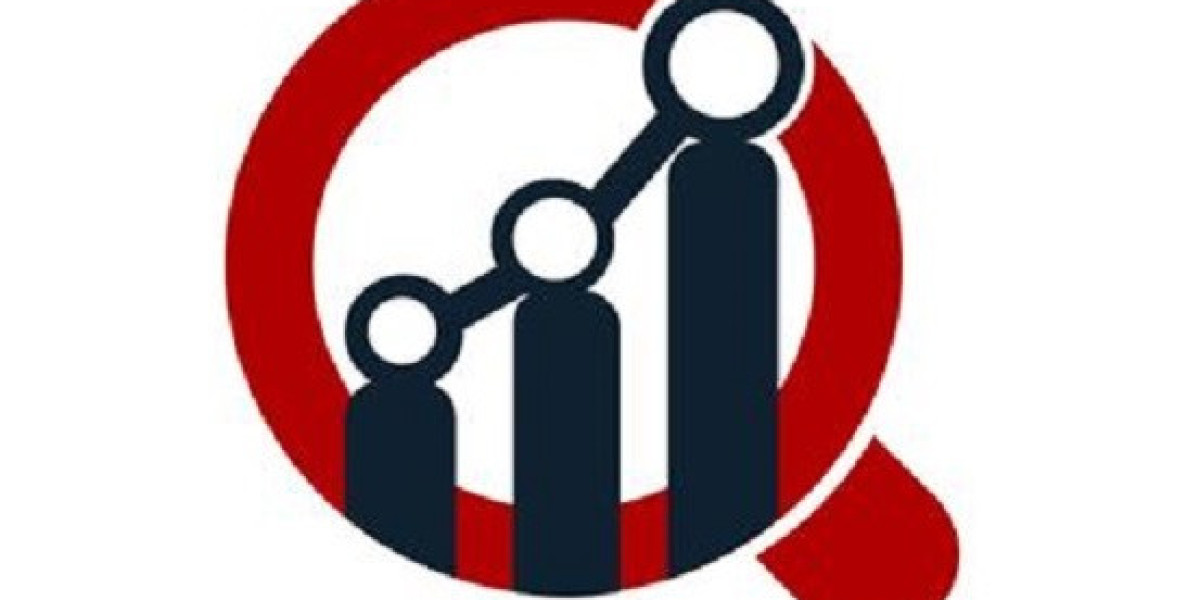Future Projections for the Neonatal Intensive Care Market
The Neonatal Intensive Care Market forecast suggests a strong upward trajectory in the coming years as hospitals worldwide integrate advanced neonatal technologies. With the increasing prevalence of low birth weight infants and complications during childbirth, demand for specialized neonatal equipment has never been higher. Governments across the globe are prioritizing healthcare reforms that focus on reducing infant mortality rates, thereby providing financial support for hospitals to modernize NICUs. In addition, technological developments such as high-frequency ventilators, advanced incubators, and integrated monitoring devices are enhancing treatment outcomes. Partnerships between leading medical device companies and research centers are accelerating innovation, while funding initiatives from non-profit organizations and public health programs further fuel accessibility. The market is projected to see significant expansion in developing nations, where urbanization and rising incomes are driving investments in advanced healthcare infrastructure.
Another key factor influencing the Neonatal Intensive Care Market is the shift toward value-based healthcare and personalized treatment approaches. Hospitals are increasingly adopting data-driven decision-making supported by AI and machine learning. This ensures early detection of complications and reduces NICU stays. Furthermore, growing awareness campaigns about maternal and infant health are empowering families to seek timely neonatal care. The expansion of healthcare insurance coverage worldwide is also improving affordability, allowing more families to benefit from advanced NICU services. The ongoing rise in global healthcare expenditure, combined with the commitment of medical professionals to safeguard infant health, ensures that this market will continue to thrive for the foreseeable future.
Mergers and acquisitions require careful planning, starting with identifying the most suitable manufacturers and partners. By sorting potential clients or collaborators according to the desired demographic, businesses can focus their efforts on relationships that promise the greatest value. Access to reliable and high-quality data and analysis supports both internal decision-making and external presentations, ensuring strategies are grounded in accurate market insights. This approach allows companies to develop tactical initiatives by understanding the areas in which large corporations can effectively intervene, enhancing strategic decision-making.
To expand business potential and market reach, it is essential to develop and implement licensing strategies that target partners with the most promising projects. Identifying new entrants with strong product portfolios enables companies to devise effective counter-strategies, gaining a competitive edge. Additionally, gathering detailed information and insights from competitors helps in shaping effective R&D strategies. This combination of market intelligence, strategic planning, and competitor analysis equips organizations to make informed decisions, drive growth, and maintain a leading position in the industry.
FAQ
Q1: What is the expected growth rate of the Neonatal Intensive Care Market?
A1: The market is expected to grow at a robust CAGR driven by rising neonatal complications and healthcare reforms.
Q2: What are the future trends in this market?
A2: Integration of AI, portable devices, and telemedicine solutions will shape the future of neonatal care.








